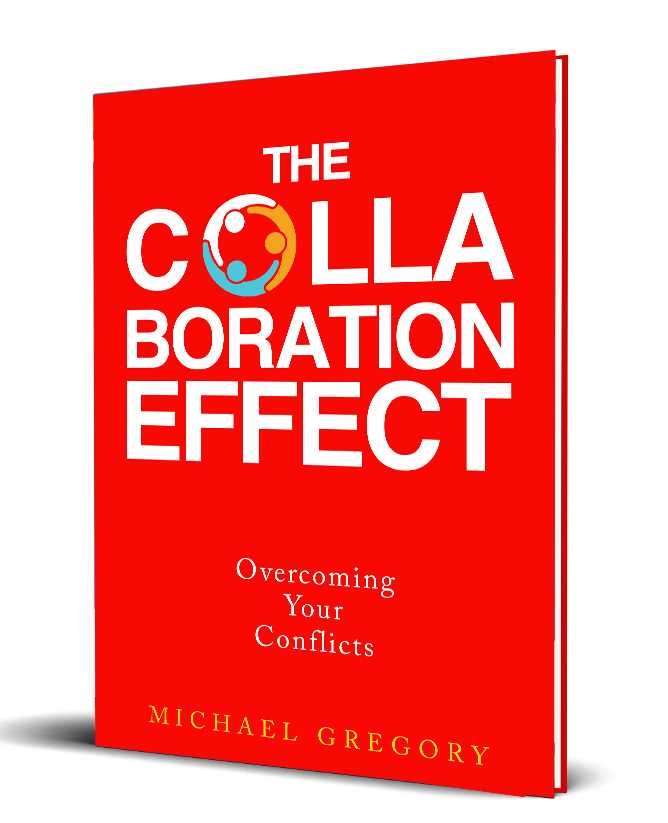
We all know the phrase when the going gets tough the tough get going. We appreciate the idiom. But what about our psyche and the impact of all the negative news on a daily basis. What if your revenues are down? What if you are furloughed not knowing when you will be called back or worse yet, what if you are laid off and don’t have job to come back to? What if you lost a relative or close friend due to COVID-19 or for any other reason? Talk about stress. We know from neuroscience there are 12 resilience practices to help you that are broken down into five categories. These five categories are being offered to help you regardless of your situation. These come from the Greater Good Science Center at the University of California at Berkeley. I am offering these to you here with some additional insights to help you going forward.
Write about it
We know from the course on Happiness offered at Yale University that one of the five elements associated with bringing us happiness is to label negative feelings. In the class participants are asked to keep a journal and label negative feelings in the journal. Why is this important? A study from 1988 clearly demonstrated the positive implication of taking the time to write expressively for 20 minutes a day really helps.
As we release the anger, fear, frustration and other negative aspects of what is bothering us on a continual basis, we begin to see the positives in other things.
Another study in 2014 went further. In this study pessimistic people practiced this daily for three weeks and had a significant impact on overcoming depression. However, when they quit writing the effect wore off after two months. Take the recommendation seriously and take the time to write it down.
Face your fears head on
Life is hard. We all suffer. We all have to work hard. That is part of life. We have to accept this as part of life. It is true that we can take actions to improve our own happiness, but the fact is bad things happen to good people. Over time this causes us to become even more resilient. We want to live. We want to be successful. We want to thrive. However, fear is real. We can’t simply be The Little Engine That Could and tell ourselves “I think I can”. When we are truly afraid, we have to face our fears. This is an emotional issue.
Studies have shown that taking individuals with real fears and giving them safe doses of what they are afraid of helps them to overcome the fear.
Recently watching a three-year-old that was afraid to put her face in the water with swimming lessons over several weeks reinforced this. At first the instructor simply poured a little water over her head. In future lessons some of the water was poured over her face. Eventually she was asked to blow bubbles in the water. Then one day she simply jumped into the water getting her face wet and she had no fear. We learn from our experiences, but sometimes it is best to take it in small doses.
What does this mean for you as an adult? Consider whatever it is you are afraid of and take small steps to overcome that fear. Reach out to your network and seek advice. Test the waters. In the end if the other party does not want to work with you keep in mind that was their decision and move on.
Avoid the two stinky twins of BS and BO
The two stinky twins of BS and BO are Blaming Self and Blaming Others. Blame helps no one. Focusing on the future and what you can control helps everyone. We tend to blame ourselves and beat ourselves up for what we could have done, should have done, or would have done. When we do this, we isolate ourselves. We suffer. Everyone suffers. We need to be gentle on ourselves and on others.
Be tough on the problem and be gentle on people including ourselves. We should not be so quick to judge ourselves or others. Give yourself a break.
If a friend did the same thing how would you treat that person? Forgiveness, compassion, kindness, understanding, and acceptance towards yourself is healing. As with “Write about it” from above, make use of that technique here too. Consider writing yourself a compassionate letter. Forgive yourself as you would someone else. Practice compassion and understanding with yourself and with others.
Meditation
It is clear from a lot of research that simply taking time each day for meditation, prayer or reflection has a long term effect of making us more patient, caring and empathetic. Meditation techniques reduces anxiety, anxiousness, apprehension, and negative emotions. Meditation techniques increase awareness and understanding. These techniques produce both physical and psychological benefits in the short term and in the long term.
It can be shown that meditation, prayer and reflection improve social wellbeing and reduces stress. It even improves eating habits.
Take at least 10 minutes a day for mediation, prayer or reflection and see how you change after a month.
Forgiveness
In the book The Servant Manager tip 45 is Forgive Others. There is a very moving commentary in the text that is associated with this Storycorps audio from National Public Radio entitled, “I just hugged the man that killed my son”. This commentary is from Mary Johnson and Oshea Israel telling their story. I suggest you check out this less than 3-minute video. We can all learn from that story.
Forgiveness is not so much for the other person as it is for you to have a change of heart and to not seek revenge.
This excerpt from The Servant Manager states,
“you are going to have times when you need to forgive someone. You need to come to terms with the situation and you need to reach out and forgive that person. The other person did what they did and they have to decide what they want to do. You cannot control the other person. You need to accept that the other person has faults. So, do you. You need to accept that once trust is lost it is very hard to restore. You may never be able to trust that person fully again. You may always have to trust, but verify. However, even if trust is not restored, you can forgive.
As a suggestion, make a list of the people that you dislike. It may be a long or a short list. It does not matter. Try to remember why you are angry at that person. Take one person on the list and forgive that person. It is not necessary to make this into a big deal. It is up to you to forgive the other person. Once you truly do that, how do you feel? Let the anger go. This reduces your pain, improves your perspective of self and allows you to move on.
When you forgive someone else you will be a better person for it. Forgiveness is all about you not them.
If any, some, or all of these recommendations speak to you, test them out. You may be very surprised at the results. To learn more check out this article from the Greater Good at the University of California at Berkeley that inspired me to write this commentary based on my own experiences.
About the author
Mike is a former IRS executive that oversaw business valuation nationally and who brought mediation to the IRS Field Specialists Program. He is a professional speaker, mediator/negotiator that helps clients resolve issues and be more productive as a conflict resolution expert. Is conflict blocking your results? You may contact Mike directly at mg@mikegreg.com and at (651) 633-5311. Mike has written 11 books including, The Servant Manager, Business Valuations and the IRS, and Peaceful Resolutions that you may find helpful. [Michael Gregory, ASA, CVA, NSA, MBA, Qualified Mediator with the Minnesota Supreme Court]
About the author
Mike Gregory is a professional speaker, an author, and a mediator. You may contact Mike directly at mg@mikegreg.com and at (651) 633-5311. Mike has written 12 books (and co-authored two others) including his latest book, The Collaboration Effect: Overcoming Your Conflicts, and The Servant Manager, Business Valuations and the IRS, and Peaceful Resolutions that you may find helpful. [Michael Gregory, ASA, CVA, MBA, Qualified Mediator with the Minnesota Supreme Court]

